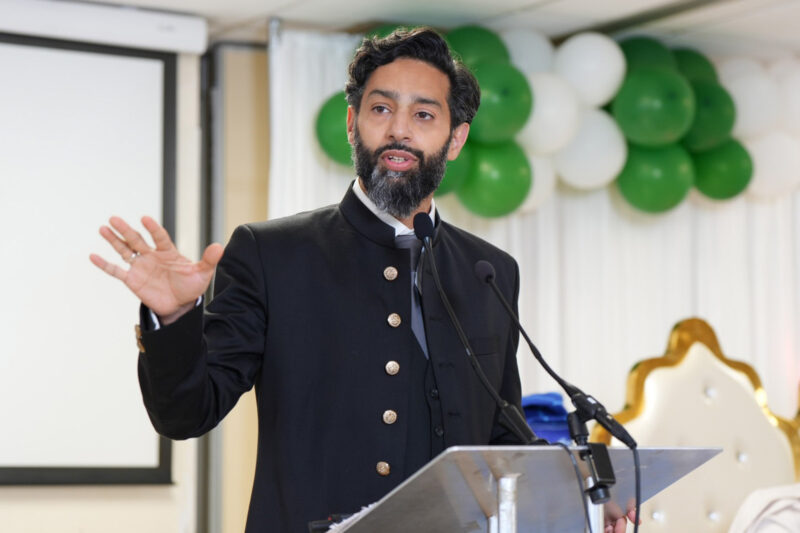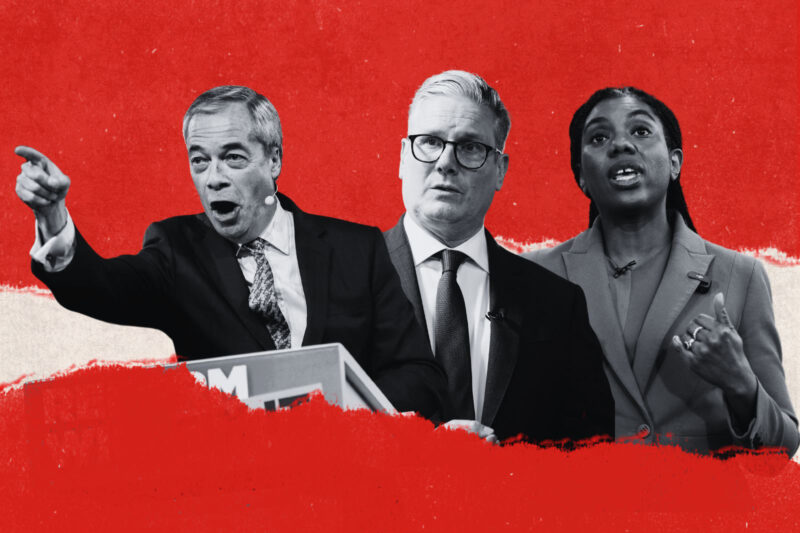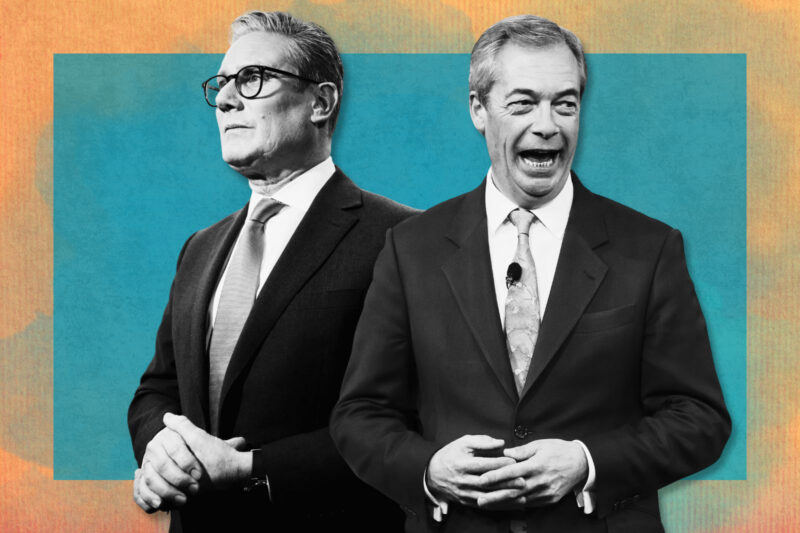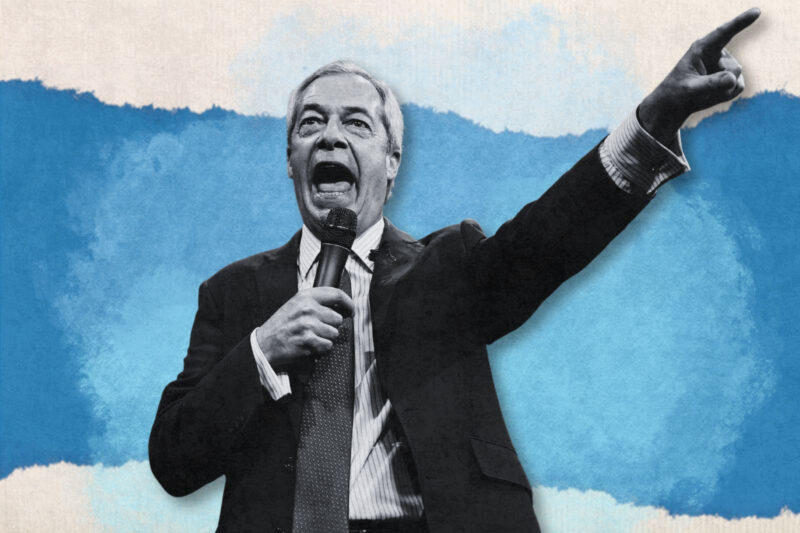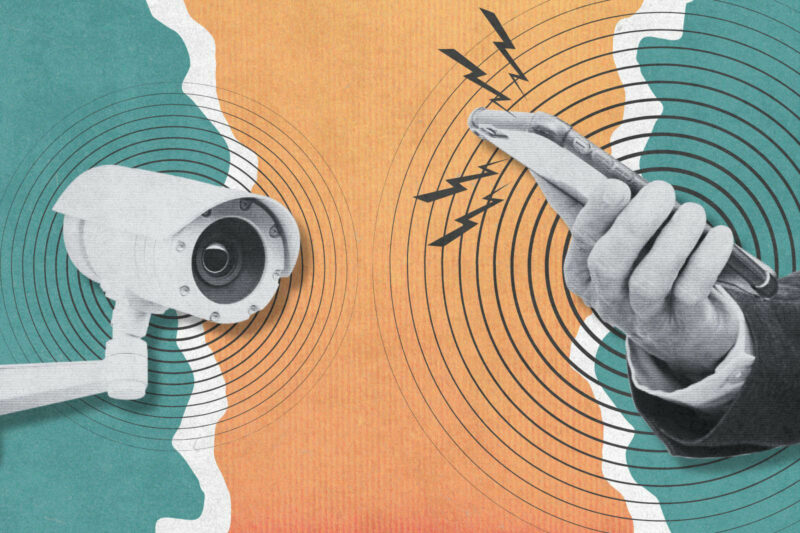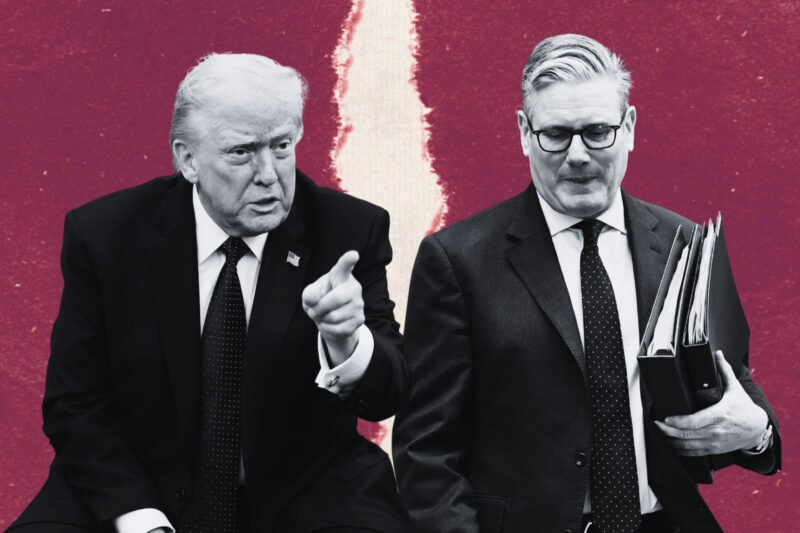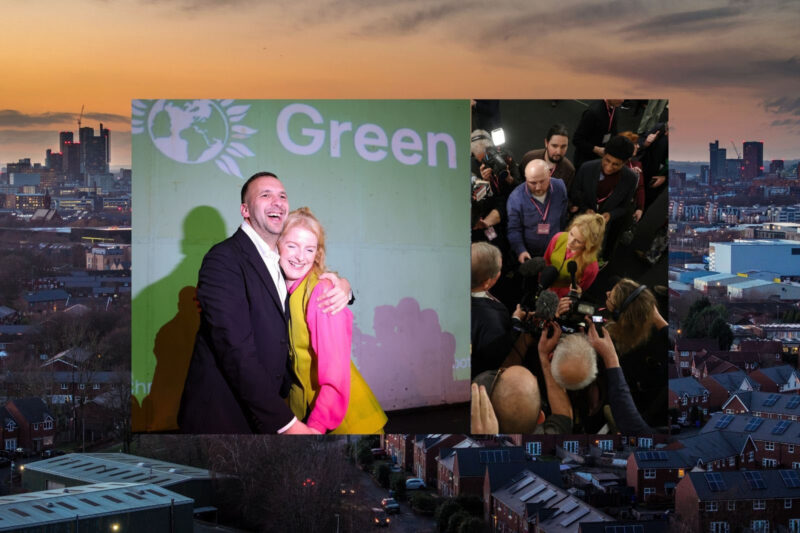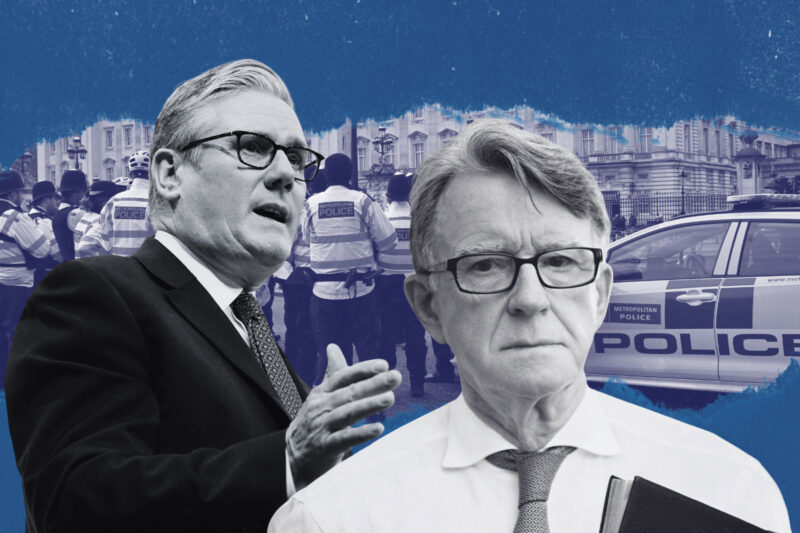Only one of the greatest political comebacks in history can save Sunak on 4 July
Despite this week’s manifesto launch and the prime minister’s chipper attitude, the Conservatives look increasingly unlikely to reverse the polls
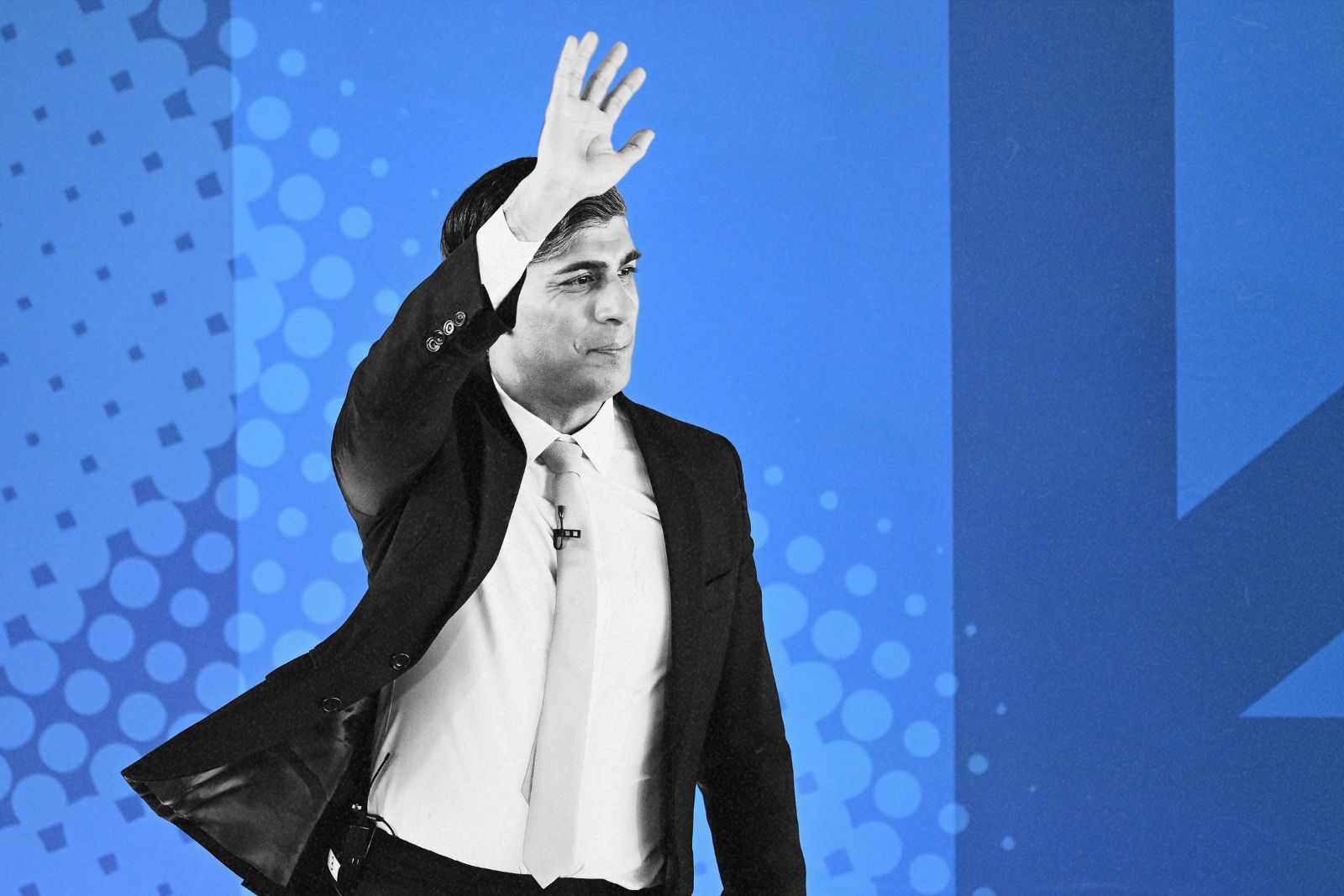
There are a handful of key moments that can really transform an election. These can occur during TV debates, television interviews – or viral gaffes such as Gordon Brown’s infamous “bigoted woman” hot mic remark of 2010.
As we reach the halfway point in this election campaign Rishi Sunak, who is around 20 points behind in the polls, is fast running out of opportunities to change the narrative. In the past two days, both the manifesto launch and the Sky leaders’ debate offered huge potential upsides for the prime minister, but ultimately produced very little momentum that might improve Conservative chances of victory on 4 July. With the clock ticking until election day, you might expect the polls to have dampened Sunak and his team’s mood, but from my observations that is far from the reality.
The Conservatives’ manifesto launch took place in Silverstone, home of British motor racing, but that did little (and please excuse the pun) to turbo-charge the Tory campaign. Much of what we had heard – pledges on immigration and tax cuts – had already been briefed to the media, and there was little by way of surprise.
Also, many of the Tory big hitters were not present at the launch, including Lord Cameron and Penny Mordaunt, to name a few. And while I’ve been following the Conservative campaign for several weeks, we have not seen Sunak stand alongside some of the better-known names within his party. Usually when candidates are vying for ministerial jobs in any new government, they want as much face time with their boss as possible, something we have seen throughout Labour’s campaign.
I asked Kemi Badenoch, the secretary of state for business and trade, why this was the case and whether we would see her campaign with the PM. She was adamant there were still several weeks to go and it would happen, but she provided no guarantee of exactly when that might be.
The manifesto itself has failed to capture the imaginations of either wing of the party. While the prime minister’s strategy is to make tax a central plank of the campaign by offering five different cuts and claiming Labour will raise taxes, leading figures on the right of the party tell me they were disappointed to see nothing on cutting inheritance tax and no beefing-up of immigration policy. They worry that there is simply not enough in the manifesto to appease disillusioned Tories who might be looking to vote for Reform UK.
Conservative centrists are also unimpressed; several told me they were questioning the logic of offering further tax cuts when the last two have made no difference to opinion polls. One MP described the manifesto to me as “half-hearted”.
Yet while there have been challenges with the campaign so far, the mood within the PM’s team on the road has been rather chipper. After the manifesto launch and before Sky’s leaders’ special, I spoke directly to the prime minister on his campaign bus, which, if you were wondering, is equipped with working spaces, ovens, fridges, a sink and all the Fanta you can drink. I asked him if he personally felt frustrated that Conservative messaging had so far failed to shift the polls. He told me the only poll on his mind was the one on 4 July and reminded me that over the past 18 months I had asked him several times about similar polls and that his focus remained on being prime minister. He then told me he had not given up and, with what seemed like genuine excitement, added that with the release of the manifesto, he was ready to really sell his message.
There has, however, been a distinct shift in the party’s strategy. Senior Tories such as Grant Shapps, the defence secretary, are now openly saying Labour are on track for a supermajority and, instead of asking voters to re-elect them, are warning the public not to hand Labour the keys to Number 10 for a decade. It’s quite the admission to push to be the opposition, but one that has become even more of a possibility after snap polls following the Sky leaders’ special gave Keir Starmer a resounding win.
I caught up with senior figures in Sunak’s team immediately after the debate, and all were adamant that the prime minister was upbeat and thought the night had been a success.
They might remain positive but their contemporaries in the Conservative party are much more candid when I speak to them. One Tory MP I recently spoke to has been far from impressed with the strategy so far and reached out after Sunak’s D-day disaster. They told me that he “has surrounded himself with snide advisers that look down on MPs as political fools. None of us would have made the mistakes that they have. While they are all off to their next high-paid job, we’ll be left to pack up our offices and wave goodbye to our constituencies. Utterly tragic.”
Another sent a number of irate messages after the manifesto and leaders’ debate, frustrated with what they described as a “rushed and botched decision to call the election in the first place”.
With seemingly little support from cabinet colleagues and Tory backbenchers alike, Sunak is in much more trouble than he lets on. His party cannot point to any real achievements in the campaign so far, and with only a few weeks to go, only one of the greatest political comebacks in history will reverse the slide.
Shehab Khan is an award-winning presenter and political correspondent for ITV News.
 Newsletter
Newsletter


